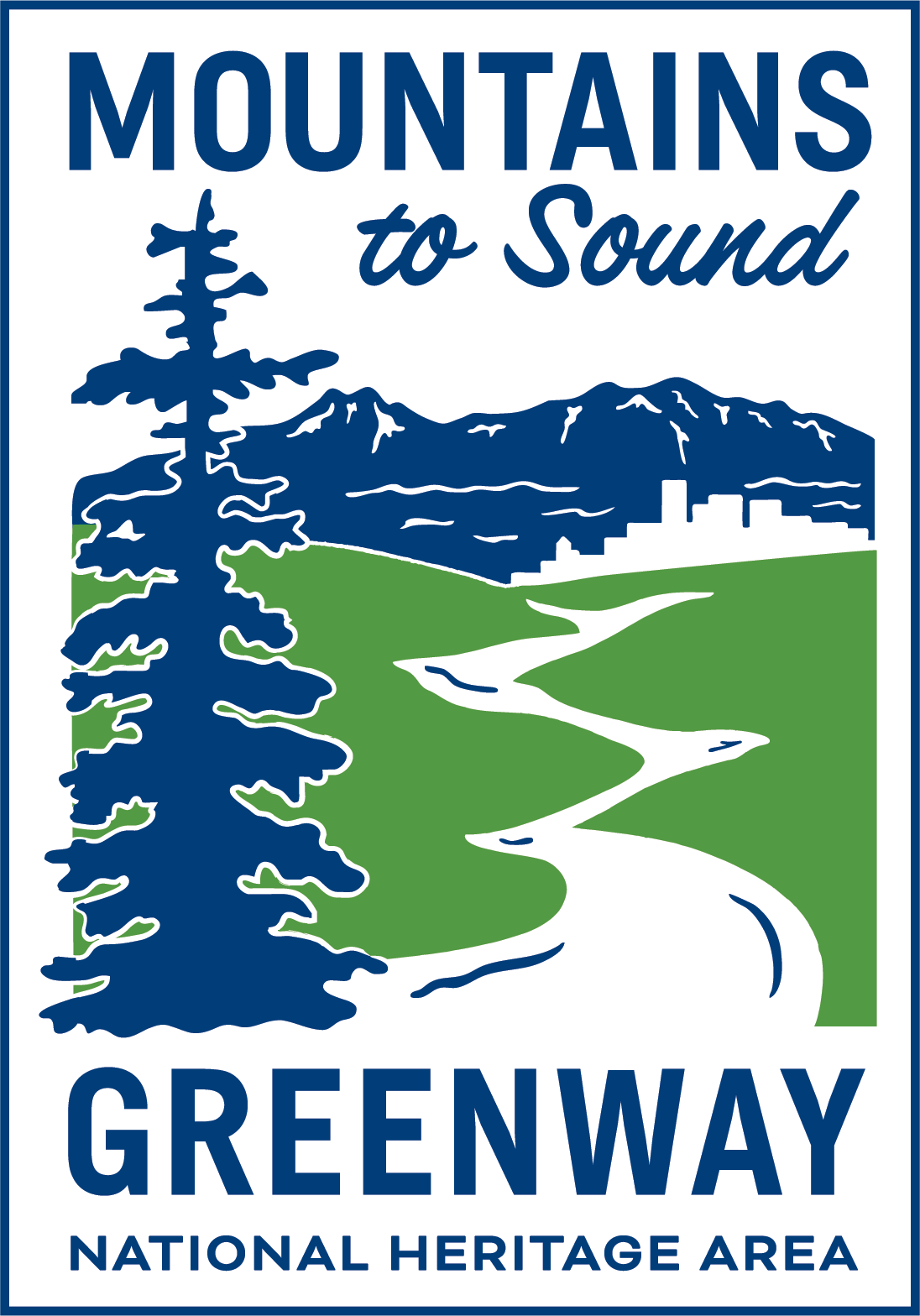Landmark Legislation to Ensure Long-Term Stability for America’s National Heritage Areas Now Law
President Biden signed the National Heritage Area Act yesterday
WASHINGTON, DC – Yesterday, President Biden signed the National Heritage Area Act (S. 1942). On December 22, 2022, the U.S. House of Representatives overwhelmingly approved the legislation by a bi-partisan vote of 326-95, after the Senate passed the legislation without opposition two days earlier. It was one of the last bills passed in the 117th Congress.
The National Heritage Area Act creates standard criteria for the funding, management, and designation of National Heritage Areas across the country and provides them an annual authorization of up to $1 million per year for the next 15 years. S. 1942 solves a challenge that as many as 45 existing NHAs would have experienced in the next two years, when their authorizations were set to sunset. Reauthorization requires Congressional approval, typically done through individual bills. S. 1942 also authorizes seven new National Heritage Areas.
“The National Heritage Area Act is a testament to the tremendous work National Heritage Areas do within communities across America,” said Sara Capen, Chairwoman of the Alliance of National Heritage Areas. “It is a direct reflection of the determination and resilience that is not only the bedrock of National Heritage Areas, but also the history of the places and people National Heritage Areas represent. The Alliance of National Heritage Areas is profoundly grateful for the tireless leadership and support we have received on a bipartisan basis within Congress and look forward to serving our communities for an additional 15 years.”
President Ronald Reagan established National Heritage Areas in 1984 when he signed a bill that created the Illinois and Michigan Canal National Heritage Area. Since then, 54 additional NHAs have been created across the United States, all through community-led efforts. Rather than an enclosed park as is typical of other programs administered by the National Park Service (NPS), NHAs are lived-in spaces that often span large geographic areas that cross multiple jurisdictions, including a total of 591 counties in 34 states.
NHAs are administered by a local coordinating entity and receive matching funds through the National Park Service but are not National Park units. Importantly, they do not impact the private property rights of existing landowners within or adjacent to an NHA designation. In addition to Congressionally authorized matching funds, NPS provides technical assistance and a strong partnership. NHAs match every federal dollar with an average of $5.50 in state, local, and private contributions, and a 2012 study determined that NHAs are responsible for a nearly $13 billion economic impact in the communities they serve.
The National Heritage Area Act was championed by Representatives Paul Tonko (D-NY) and David McKinley (R-WV) in the House and Senators Debbie Stabenow (D-MI) and Roy Blunt (R-MO) in the Senate. The bipartisan bills were co-sponsored by 16 Senators and 138 House members (through the House companion bill, H.R. 1316).
“Establishing a system for National Heritage Areas will help breathe new life into the historic preservation movement in America,” said Alan Spears, Senior Director for Cultural Resources for National Parks Conservation Association. “Our history, complicated as it may be, serves as a rallying point for Americans of different backgrounds and ideologies. This piece of legislation exemplifies what our country can do when we stand together to protect our shared legacy.”
To learn more about NHAs, their value, and their work, please visit https://www.nationalheritageareas.us. You can also view a short video created by ANHA that explains why The National Heritage Area Act is needed for the future of NHAs.
The Alliance of National Heritage Areas works collectively to protect and promote the people and places that tell America’s stories. We are a membership organization of congressionally designated National Heritage Areas and partner-affiliated organizations promoting the professionalism and benefits of the program through education and advocacy. Together, we facilitate and celebrate partnerships that improve our effectiveness and impact.





